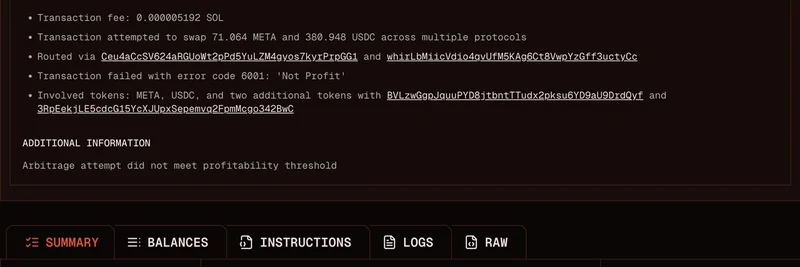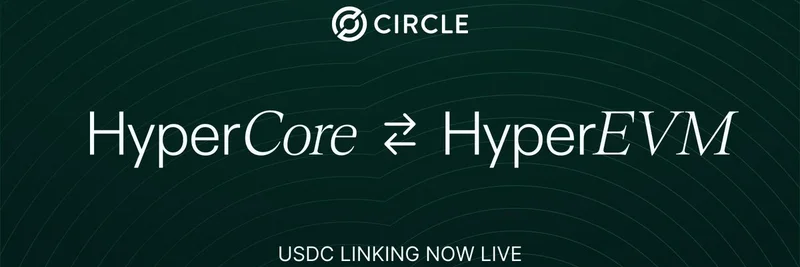If you're deep into the world of meme tokens on Solana, you know how chaotic and fast-paced things can get. Transactions fly by, and deciphering what actually happened in a complex trade can feel like reading alien code. But that's about to change, thanks to Helius Labs' upcoming explorer upgrade. Mert, the CEO of Helius Labs, just dropped a teaser on X that has the community buzzing.
Breaking Down the Tweet
In his post, Mert highlights one of the coolest features of the new explorer: its ability to explain highly complex transactions in simple, everyday English. He uses an example of a failed arbitrage trade involving multiple tokens, showing a "before" and "after" comparison.
The "before" is the standard Solana explorer view – a wall of technical details like signatures, errors, timestamps, and compute units that might leave even seasoned traders scratching their heads.
On the left (or above, depending on how you're viewing this), you see the raw data: an error code saying "Program Error: Instruction #1 Failed," along with fees and block details. Useful for devs, but not so much for the average meme degen trying to figure out why their swap went south.
Now, check out the "after" – Helius' revamped interface:
Here, it's all laid out clearly: "Arbitrage Attempt: Failed arbitrage transaction with multiple token transfers and swaps." It breaks it down into key points, like the tiny transaction fee (0.000005192 SOL), what the trade tried to do (swap 71.064 META and 380.948 USDC across protocols), the routes involved, and why it failed ("Not Profit"). It even lists the tokens touched, making it easy to track what's happening without needing a PhD in blockchain forensics.
This isn't just fluff – for meme token traders, where arbitrage opportunities pop up and vanish in seconds, understanding these details quickly can mean the difference between profit and loss.
The Bigger Picture: Instant History Search
Mert's post quotes an earlier teaser about another game-changing feature: instant searching through any Solana address's history. No more endless paging through transactions – you can jump straight to a specific date or time.
In the attached video demo (check it out here), it shows how clunky the old method is, scrolling page by page, versus the new calendar-based picker that loads historical data in a flash. Imagine auditing a meme token's wallet history from launch day without spending hours clicking "next."
For the meme community, this is huge. Meme tokens often launch with hype, and being able to quickly verify a project's transaction history – like spotting rug pulls or insider dumps – is crucial. Tools like this level the playing field, helping retail traders keep up with bots and whales.
Why This Matters for Meme Tokens
Solana is the go-to chain for meme coins thanks to its speed and low fees, but its explorers have lagged behind in user-friendliness. Helius, known for their RPCs and APIs, is stepping up to make on-chain data accessible to everyone, not just coders.
Think about it: If you're trading hot memes like DOGE-inspired tokens or the latest viral cat coin, you might encounter bundled swaps or multi-protocol arbitrages. The new explorer demystifies these, explaining terms like "arbitrage" (buying low on one exchange and selling high on another for quick profit) in context. It's like having a translator for blockchain jargon.
Community reactions in the replies are mixed with excitement and humor – one user jokes about privacy concerns, while another asks for MEV reward checks. It shows how this tool could evolve into something even more tailored for degens.
Looking Ahead
Helius Labs is positioning itself as a key player in Solana's ecosystem, and this explorer redesign is a big step toward mainstream adoption. For meme insiders, it's a tool that could enhance your edge in spotting trends, analyzing trades, and staying safe in the wild west of crypto.
Keep an eye on Helius Labs for the official launch – it might just become your new go-to for all things Solana. What do you think? Will this change how you track meme token activity? Drop your thoughts in the comments!


